
Summer fire season is not far away. The past two summers have been devastating for homeowners, businesses and their communities. Over 1,600 square miles were scorched from June to September. For the first time in history, Washington State officials asked residents to volunteer in fighting the fires. Measures can be taken to protect your home from wildfires before fire season is upon us. Some precautions homeowners can take include:
- Create a break in vegetation with a rock path or non-flammable material around your yard to slow the spread of wildfire.
- Create at least a 30 ft “defensible space” around your home
- Keep your lawn and roofs free of needles and leafs.
- Keep conifers around your home pruned well above ground level.
Many homes are not protected with public water supplies, leaving them vulnerable to fire, making these and other precautions necessary. Homeowners, businesses and communities can be proactive by having their own source of water in case of fire. According to the Tallahassee Community Wildfire Protection Plan, “Water for fire suppression is in short supply throughout the service area. Communities should investigate and install cisterns at suitable locations to improve the capabilities of fire suppression efforts”. An on site water source can provide the homeowner and fire fighters a water source that may not be available otherwise.
ENGINEERED NFPA 22 FIRE PROTECTION WATER STORAGE TANKS
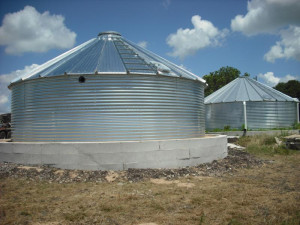 RainBank Rainwater Systems is the Northwest region Contain Water Tank Inc. master dealer. We offer several options for systems that are designed and built to handle fire suppression. Tanks can come with a 20 year warranty; contact us below to learn more.
RainBank Rainwater Systems is the Northwest region Contain Water Tank Inc. master dealer. We offer several options for systems that are designed and built to handle fire suppression. Tanks can come with a 20 year warranty; contact us below to learn more.


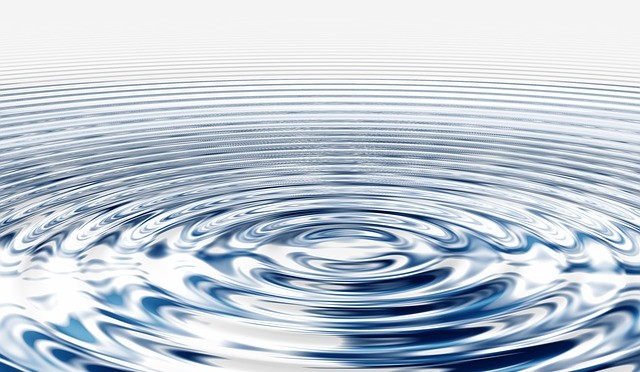
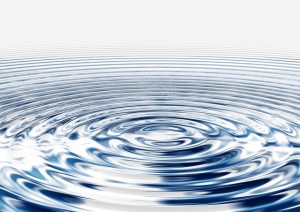 ARCSA (
ARCSA (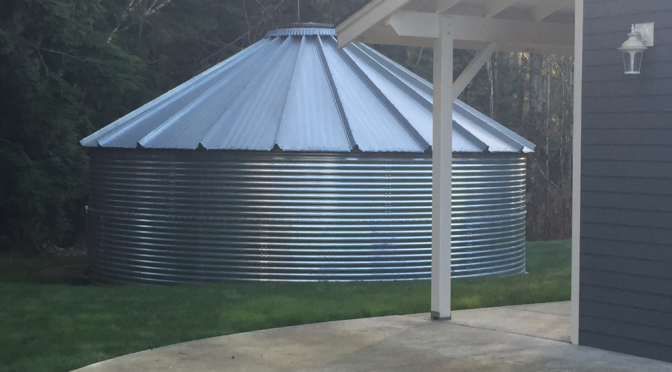
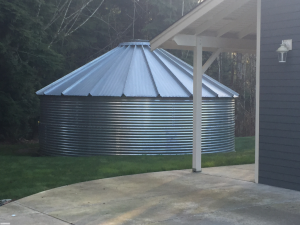 Collecting rainwater offers many benefits for residents and businesses – for potable (drinking, showering) and non-potable applications (toilet flushing, irrigation, wash down) – and more. Water tanks can be made of plastic or
Collecting rainwater offers many benefits for residents and businesses – for potable (drinking, showering) and non-potable applications (toilet flushing, irrigation, wash down) – and more. Water tanks can be made of plastic or